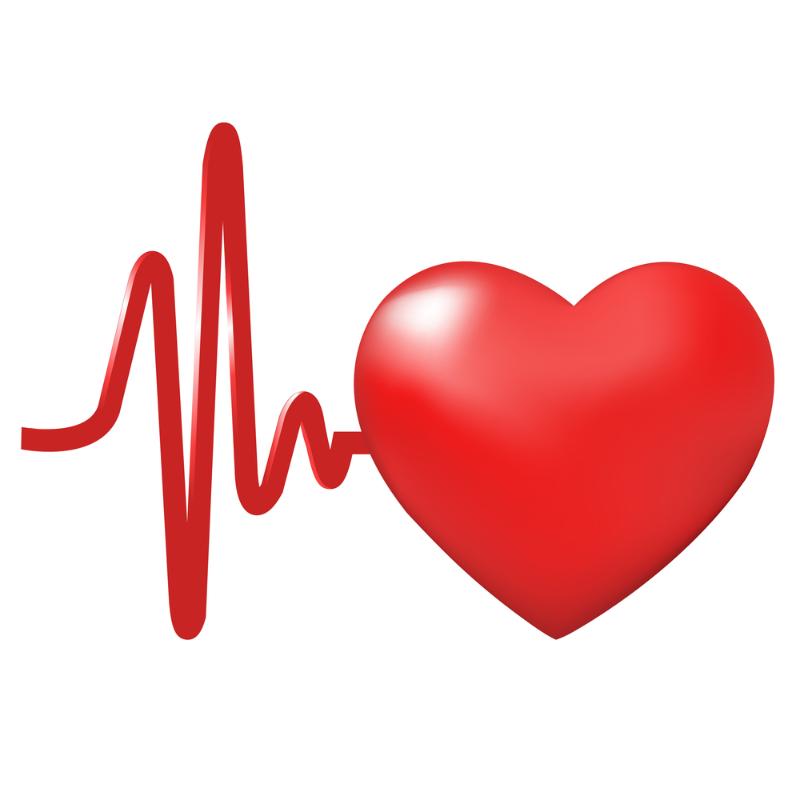Structural heart disease (SHD) is the name for a collection of heart conditions that impact the way your heart functions. SHD can lead to heart attack, stroke, or even death, if left untreated. Cardiac Associates of North Jersey in Oakland, NJ can help you recognize the various symptoms of this condition and successfully treat its various forms.
Overview
While there are many types of this kind of heart disease, most involve defects or disorders that are present from birth. These defects in the walls or valves of the heart can be developed over time, but it’s rarer to see an acquired form of this disease than a congenital form. Causes of an acquired instance of this heart disease include atherosclerosis, hypertension, heart valve issues, alcohol use, drug use, and some cancer treatments.
Symptoms
The symptoms of SHD depend on the type of SHD that’s present. Following is a list of the various types of SHD and their respective symptoms.
Aortic Valve Stenosis
This form of SHD is one of the most common and is often the result of a birth defect called a bicuspid aortic valve, but it can be acquired through the normal aging process as the valve becomes scarred or blocked from calcium build-up. The symptoms of aortic valve stenosis may not be present until the valve is severely damaged, but will include the following:
- Rapid or fluttering heartbeat
- Chest pain
- Shortness of breath or difficulty breathing
- Difficulty walking even short distances
- Dizziness or light-headedness
- Difficulty sleeping or having to sit up to sleep
- Swollen feet or ankles
- Reduced activity level
Atrial Septal Defect (ASD)
Atrial septal defect (ASD) is a form of SHD that’s characterized by a hole in the wall or septum that divides the upper heart chamber. This is almost always a congenital condition and sometimes requires surgery, but the hole can also close on its own. Some patients may not have any symptoms, but if they do, they will be the following:
- Difficulty breathing
- Shortness of breath when exercising
- Frequent respiratory infections
- Skipped heartbeat
- A heart murmur that can be heard in a stethoscope
- Feet, legs, or stomach swelling
- Stroke
Patent Foramen Ovale (PFO)
Another type of hole in the heart, patent foramen ovale is a type of SHD that’s characterized by a hole in the wall between the left and right upper heart chambers. This hole should close before birth, but if it doesn’t, it can lead to the following symptoms, although most people who have PFO never even know they have it unless it causes one of the major symptoms of heart attack or stroke.
- Migraine headaches with aura
- Transient ischemic attack (TIA)
- Heart attack
- Stroke
It’s also important to understand the symptoms of a TIA, which can lead to the diagnosis and correction of PFO. The symptoms of a TIA include the following:
- Sudden numbness or weakness on one side of the body or in the face
- Sudden inability to see out of one or both eyes
- Sudden blurred vision
- Fainting
- Paralysis of one or more parts of the body
- Dizziness
- Loss of balance
- Difficulty with speech or understanding others’ speech
Heart Valve Disease
This condition is a type of SHD that involves damage to any one of the heart’s valves that causes a decrease in blood flow. Symptoms of heart valve disease include the following:
- Heart palpitations
- Chest pain
- Shortness of breath
- Inability to catch your breath
- Inability to maintain regular activity level
- Lightheadedness
- Swelling in the ankles, feet, or stomach
Mitral Valve regurgitation
Mitral valve regurgitation is otherwise referred to as a leaky heart valve and involves the mitral valve, which is located between the left atrium and the left ventricle. With a properly functioning valve, blood isn’t allowed to flow back into the left atrium, but when the valve is leaking, blood does flow back into the atrium and causes the heart to have to work harder than it should to pump blood to the body. Symptoms include the following:
- Shortness of breath during exercise or other exertion
- Shortness of breath when lying on your back
- Awareness of your heartbeat
- Heart palpitations
- Inability to maintain regular activity level
- Fatigue
- Chest pain (rare)
- Swelling of the legs, abdomen, or neck veins
Left Ventricular Hypertrophy
Left ventricular hypertrophy (LVH) is characterized by the thickening of the left ventricle’s wall. Its symptoms mirror those of other SHD conditions, except there are fewer and less severe symptoms of LVH when compared to others. These include the following:
- Chest pain with exercise
- Fatigue
- Shortness of breath
- Heart palpitations
- Dizziness
Myocarditis
While many cases of myocarditis are caused by viral infections, there are cases of this condition that are congenital or that develop over time. Some symptoms of myocarditis are very different from other forms of SHD, but some are similar. In some instances, you may not even know your heart is the reason behind these symptoms, which include the following:
- Body aches, joint aches
- Fever
- Headaches
- Vomiting or diarrhea
- Rapid heartbeat
- Shortness of breath when NOT exercising
- Swelling of the feet, legs, and ankles
- Fatigue
- Chest pain


